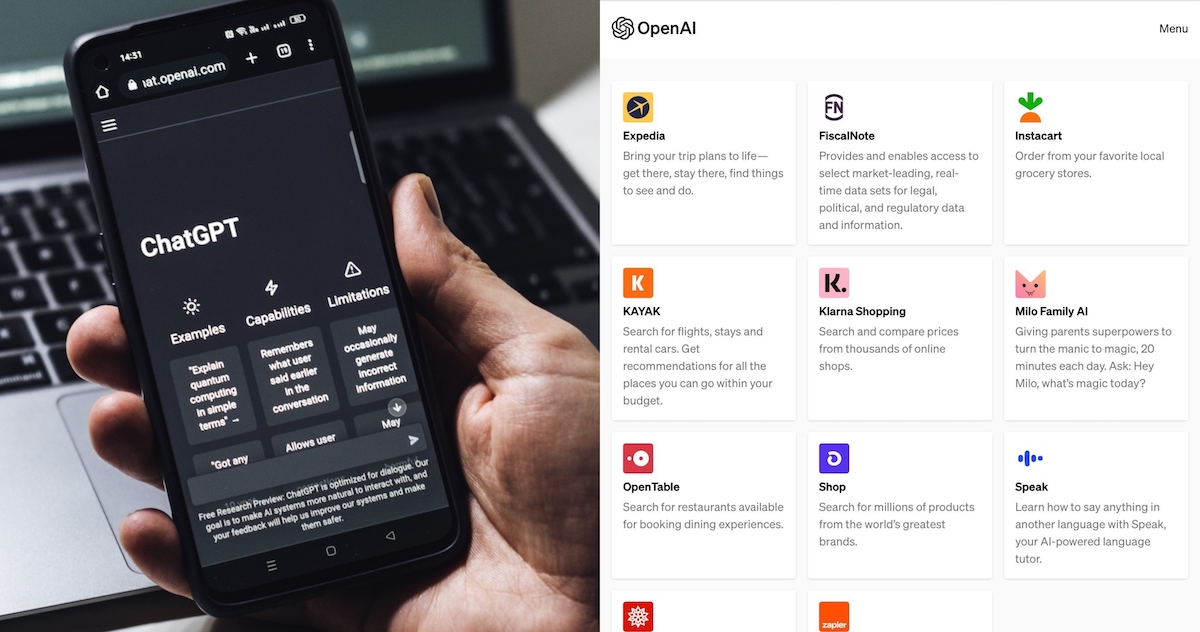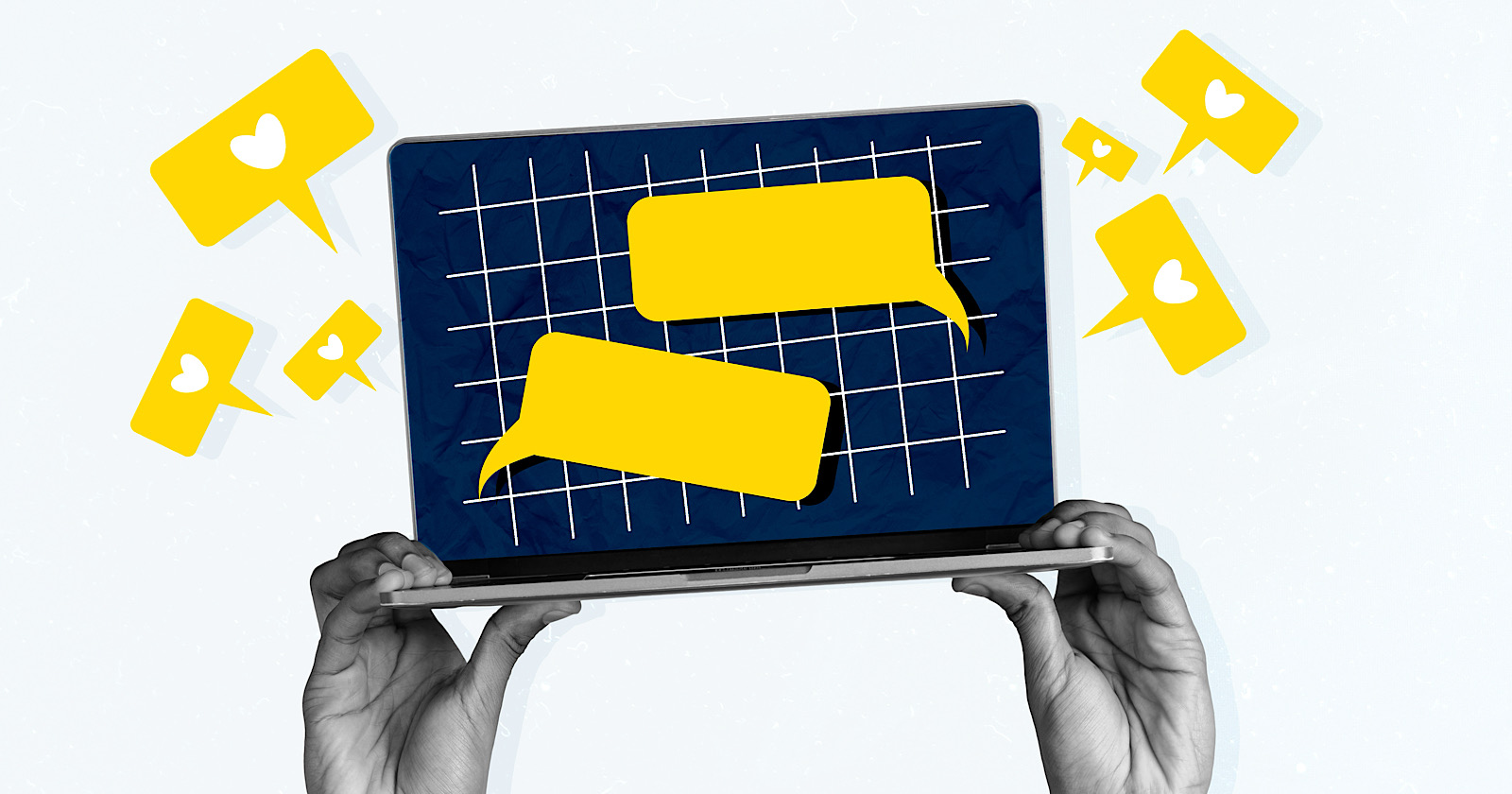ChatGPT can now access the Internet with new OpenAI plugins like Expedia, Shopify and Slack
The list of apps available for use through ChatGPT is currently small and on an invite-only basis, including Expedia and Slack.

OpenAI has announced the launch of plug-ins for ChatGPT, a move that could have far-reaching implications for the internet and the way people interact with technology.
ChatGPT, a language model that can mimic human communication and perform a range of tasks, previously existed as a siloed web app.
ChatGPT is going to be the new App Store.
This is it's iPhone moment.
Look at these MASSIVE list of ChatGPT Plugins for almost every use. pic.twitter.com/ueduZN9OH5
With the addition of plug-ins, the service now has an app store and can connect to other software, potentially replacing the home screen, search box, feed, and more. This also means that it now has control over a browser, through which it can act as an all-purpose assistant.
Currently, the list of apps available to use through ChatGPT is small and on an invite-only basis, with companies such as Expedia, Instacart, OpenTable, Shopify, and Slack being the most prominent.
For instance, users can use ChatGPT to perform tasks such as booking a hotel through Expedia, make a shopping list with Instacart, or search the web through a chatbot. In addition, the company demonstrated ChatGPT running video software to do some light editing.
Creating an operating system for everything
According to OpenAI, ChatGPT already has more than 100 million users.
OpenAI’s plan is to create an operating system for everything, giving users a way to do more from within their apps and services and to provide other companies with a way to build new things in an ecosystem.
This move by OpenAI is significant as it marks a departure from the company’s previous focus on research and development, and instead offers a real product aimed at regular people.
The ambition behind the ChatGPT plug-ins is to reorient the entire internet around chat, and to give users a fundamentally different way of interacting with their computers and phones.
OpenAI’s partnership with Microsoft shows what its AI looks like as a feature in other companies’ platforms, and ChatGPT plug-ins are an attempt to become a platform.
This is how every previous internet giant became dominant: by giving outside firms a way to get a piece of their growth, giving users a way to do more from within their apps and services, and eventually accumulating and leveraging their new powers over firms that have become overly dependent on access to their platforms.
However, the launch of ChatGPT plug-ins raises questions about the future of computing interfaces and the power dynamics between tech companies and the firms that use their platforms.
It remains to be seen whether chat as a general computing interface will find broad appeal or whether it will prove to be a reckless move to give executive powers to an early-stage AI. Nonetheless, OpenAI’s move suggests a clear business plan that could potentially change the way people use technology.
Featured Image Credit: Shutterstock / Reddit via r/ChatGPT

 Fransebas
Fransebas 






























